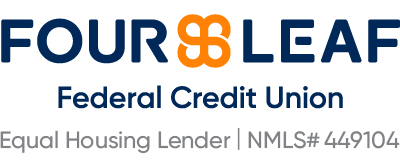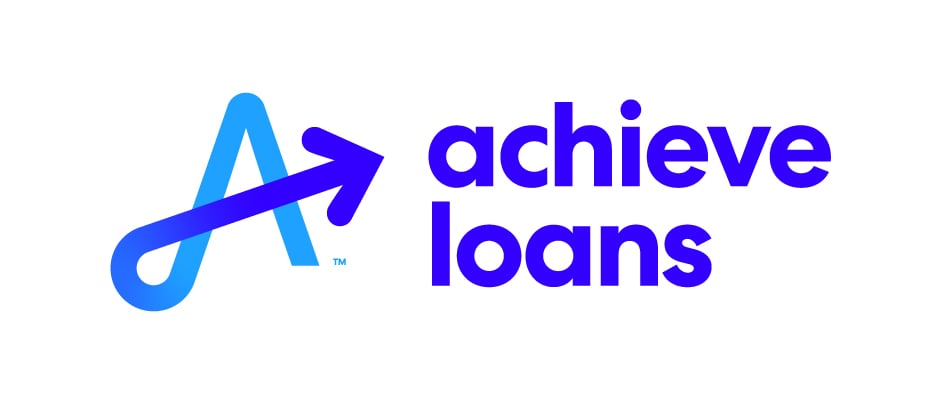How to Refinance a Home Equity Loan

Some or all of the mortgage lenders featured on our site are advertising partners of NerdWallet, but this does not influence our evaluations, lender star ratings or the order in which lenders are listed on the page. Our opinions are our own. Here is a list of our partners.
If you have a home equity loan, there may come a time when it makes sense to refinance. For instance, maybe you want to lower your monthly payments by getting a lower interest rate or stretching payments out over a longer term. Alternatively, you might realize that another loan type is a better fit, and want to refinance to a different kind of home equity product.
Can a home equity loan be refinanced?
Yes — like a first mortgage, you can refinance a home equity loan. You can either get another home equity loan that pays off the first, or you can replace it by refinancing to another kind of loan.
If you want to refinance to a home equity loan with a new rate and repayment terms, you can use our home equity loan calculator to estimate what your new monthly payments will be.
» MORE: Home equity loan rates
Reasons to refinance
There are several benefits to refinancing a home equity loan.
You can lower your monthly payments by getting a lower interest rate or changing the loan term to give you more time to pay it off.
You can also reduce your loan term, making higher payments for a shorter amount of time. This means you’ll make fewer interest payments in the long run.
Refinancing may also allow you to pull more money out of your equity.
Refinancing a home equity loan comes with costs and fees. If you’re planning on refinancing to save money, you’ll want to budget for these charges and make sure the savings are enough to offset your expenses.
Pros and cons of refinancing a home equity loan
Pros
You could get a lower interest rate, lowering your monthly payments.
You could lock in a rate and avoid unwanted variability if you have an adjustable rate now.
You can change your payment terms to pay off the loan faster or spread them out over a longer term to lower your minimum monthly payment.
You can refinance to a larger loan if you need more cash than you anticipated.
Cons
You’ll have to pay closing costs — typically 2% to 5% of the total loan amount. This means that for refinancing to be worth it, you’ll have to save more than the cost of the fees you’ll pay.
If you’re switching from an adjustable rate to a fixed rate, you may lose out if rates come down.
Because refinancing pays off your original home equity loan and replaces it with a new one, you might be hit with a prepayment penalty.
HELOC & Home Equity Loans from our partners

on FourLeaf Federal Credit Union
670
$1,000,000
on FourLeaf Federal Credit Union
Requirements for refinancing a home equity loan
Before you apply for a new home equity loan, you should consider your needs as a borrower, look at your financial situation and prepare for the application process:
Meet the minimum financial requirements. Homeowners with a credit score of at least 620 will have an easier time getting approved, though a score of 700 or higher will likely result in the best interest rate offers. You can also anticipate a minimum equity requirement (usually 20% or more), and lenders will want your debt-to-income ratio (how much you owe vs. how much you earn) to be 43% or lower.
Know your reasons for wanting to refinance. This can impact your financing strategy. For example, if you're also refinancing your primary mortgage, a cash-out refinance might let you cover both loans. If your goal is a lower rate, focus on boosting your credit score beforehand. And if you're taking out cash, crunch the numbers to figure out exactly how much you need.
Gather your documentation. Have your relevant records on hand for the application process. This includes copies of your IDs, pay stubs, W-2s, tax returns, mortgage billing statements and insurance paperwork.
Finding a new home equity loan lender
You should shop around for the best rate for a new home equity loan to replace your existing loan. You can stick with your original lender, but comparing multiple lenders provides a clearer view of your options.
» MORE: Best home equity loan lenders
Refinancing a home equity loan to a HELOC
If you need more flexible access to your home equity, you could get a home equity line of credit (HELOC) and pay off your home equity loan. As an open line of credit, a HELOC allows you to borrow as needed.
Features of the loan | HELOC | Home equity loan |
|---|---|---|
Loan funding | You can draw funds as needed, up to a certain limit (typically a percentage of your equity). | You receive a lump sum at closing (typically a percentage of your equity). |
Terms | Begins with a draw period (typically 10 years) with interest-only minimum payments. This is followed by a repayment period (often up to 20 years) that requires you to pay back principal and interest. | Repayment periods are often up to 30 years. Minimum payments include both interest and principal. |
Rates | Variable, (though some lenders offer a fixed-rate option) | Fixed |
Borrowing limits | You can typically borrow between 80%-85% of the equity in your home. Some lenders allow for more. Use NerdWallet's HELOC calculator for personalized details. | You can typically borrow between 80%-85% of the equity in your home. Some lenders allow for more. Use NerdWallet’s home equity loan calculator for personalized details. |
Lenders |
Refinancing a home equity loan to a cash-out refinance
Refinancing with a cash-out refinance means that you would replace your original mortgage with a new, larger loan, using the additional cash to pay off your home equity loan.
There are a few scenarios where this could make sense. For example, if interest rates have fallen since you got your mortgage, a cash-out refinance could net you a lower rate.
You could also pay off your home equity loan with a cash-out refinance because you prefer to consolidate your debt and have just one home loan to pay. You can see NerdWallet’s picks for the best cash-out refinance lenders here.
This article has been updated to reflect the most recent fact-checking as of June 26, 2025.






